app
define(['angular', 'angular-ui-router', 'ocLazyLoad', 'config/common', 'layout/services/menuService'], function(angular) { 'use strict'; var $stateProviderRef = null; var $urlRouterProviderRef = null; return angular.module('app', ['ui.router', 'oc.lazyLoad', 'app.common', 'app.layout']); });
app.config
define(['app'],function(app){ app.config(function($locationProvider, $stateProvider, $urlRouterProvider, $ocLazyLoadProvider) { $urlRouterProviderRef = $urlRouterProvider; $stateProviderRef = $stateProvider; $urlRouterProviderRef.otherwise('/'); $locationProvider.html5Mode({enable: true, requireBase: false}); //.hashPrefix('!'); $ocLazyLoadProvider.config({ events: true, debug: false }); }); });
app.run
define(['app'],function(app) { app.run(function ($q, $rootScope, $state, $window, menuSvc) { menuSvc.all().success(function(viewStates) { var startUp = undefined; angular.forEach(viewStates, function(viewState, key){ var viewStateUrl = undefined; if (viewState.isStartUp == true && startUp == undefined) { startUp = viewState.name; } var state = { "url": viewState.url, "name": viewState.name, "views": [] } angular.forEach(viewState.views, (function(view) { var myView = { "controller" : view.controller, "templateUrl" : view.templateUrl, "resolve" : { } }; myView.resolve.loadController = function($ocLazyLoad) { return $ocLazyLoad.load( { "name": view.moduleName, "files": view.controllerFiles }) }; state.views[view.viewName] = myView ; })); $stateProviderRef.state(viewState.name, state); }) $state.go(startUp); }) }); });
Solved:
The error was in a combination of areas. The complete solution is below. I am not happy about the solution to this outcome as mentioned below and welcome ideas. Basically I would have preferred a more agnostic binding of the resolve method to my states in the app.run file.
